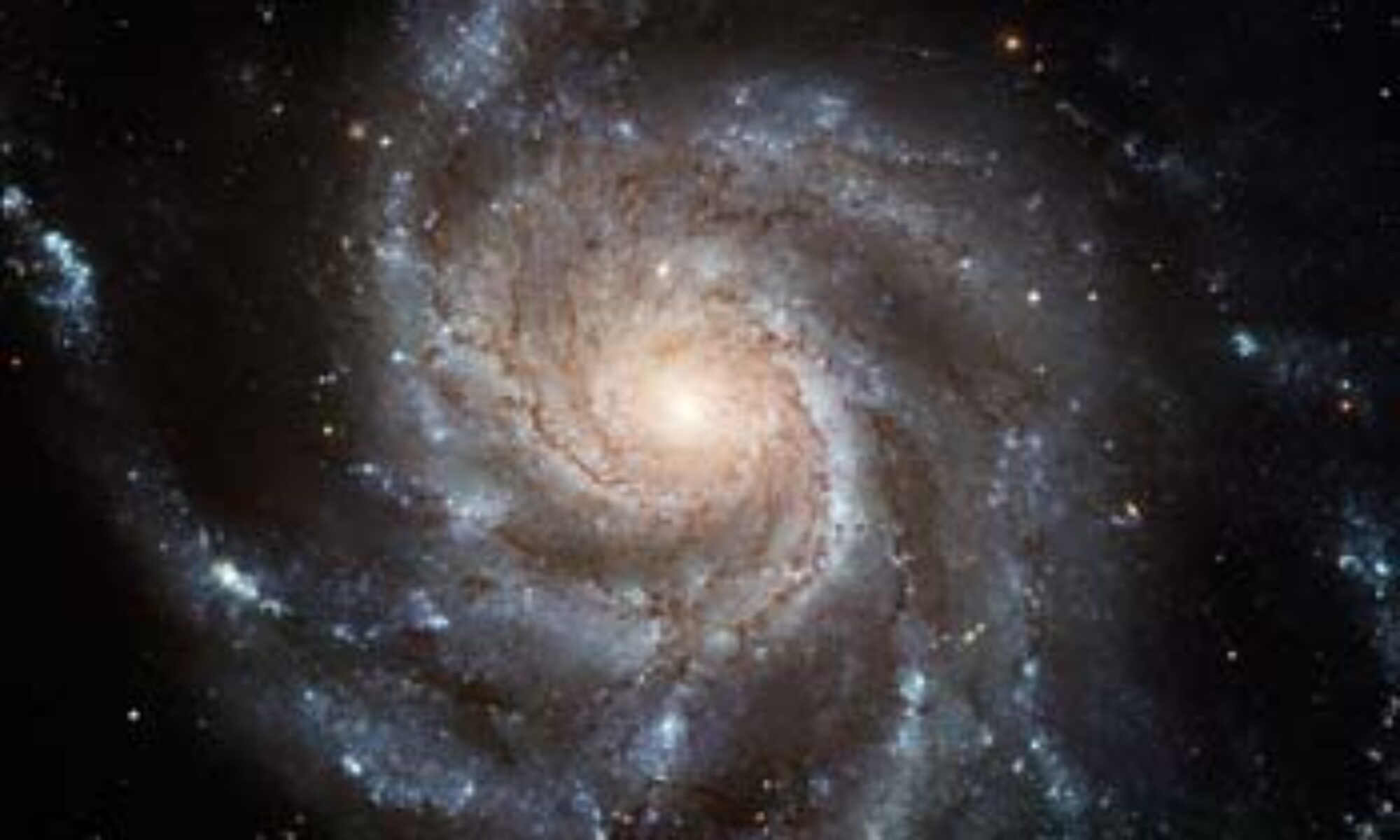(Important to know as you read this: I am an older white woman of privilege, born in 1943, so these early memories of police encounters come from the nineteen- forties.)
One of my earliest memories – I must have been three or four years old – is of following the wrong coat out of a department store in a town twenty or so miles away from my home town. I had been playing under the dresses on a rack of clothes my mother was looking at. I saw the hem of her coat move away from the rack and followed it out the door of the store. When the woman in the coat turned around and looked at me, I realized she was not my mother.
She gave me a strange look and walked away.
I don’t remember what happened next, I just know that the next memory is of being in a police station – it was a small round building, I think, and white – and sitting inside with the nice policemen eating an ice cream cone waiting for my mother to come pick me up.
In later years my mother and I talked about this event, but I don’t remember being aware of the sheer terror my mother must have felt – that I certainly would have felt – when she looked under the rack of clothes and I wasn’t there. The only moment of terror I remember was when I looked at the woman’s face and she wasn’t my mama and she wasn’t smiling.
I do remember feeling happy with the policemen at the police station.
I know in the neighborhood where I grew up, the role of the police was to make sure the “wrong” people didn’t come into our neighborhood. My father worked for a publishing house. I must have been around eight one night when an author who was coming to our house for dinner was picked up by the police as he walked to our house from the train station. They were polite to him. Asked him where he was headed and gave him a ride to our house, coming to the door with him.
“Why did they do that,” I asked my father, feeling uncomfortable about the whole thing.
“They were just making sure that he really belonged here,” he assured me. The author was a white Englishman who lived in India. I remember that his clothes didn’t look quite the same as an American businessman which probably drew the attention of the police. He wasn’t wearing the uniform of the privileged men of our neighborhood.
Imagine if he’d been black.
Today I live in a traditionally black neighborhood in Berkeley, CA that is being gentrified.
On my neighborhood elist there has been a lot of discussion about “police.” Many are concerned because people are not applying for police jobs in our community (and apparently in many, many other places) and our police department is understaffed. Some people attribute this to Black Lives Matter and the restrictions placed on police. (Actually, the restrictions have been there. What is different is the call for enforcement of those restrictions.)
Some don’t think that more policing is the answer. Some don’t want any police at all.
There hasn’t been a lot of discussion on my neighborhood elist about the role of police.
Historical research shows police have traditionally been about protecting the rich. In the south policing came about from the slave patrols who chased down runaway slaves. In England the first police were “marine police” who were protecting the cargoes of ship owners. (https://plsonline.eku.edu/insidelook/history-policing-united-states-part-1)
In his article, Guardians or Warriors? The Changing Role of Law Enforcement, Timothy Roufa says:
When the concept of a uniformed police force was first championed by Sir Robert Peel in London in the early 1800s, he was met with much resistance due to fears of what would essentially be a standing army within the city; comparisons were made to police as a government-sanctioned occupying force. The problem of how to enforce laws while preserving rights is not at all new. (https://www.thebalancecareers.com/law-enforcement-changing-role-974558)
It’s clear to me that this has become a real problem. The police have often (certainly not always) become an “occupying” force for some elements of our population bringing harsh consequences for minor misbehavior while protecting not only the lives and property of the upper and middle classes, but shielding them from facing the consequences of illegal activity – especially in the case of their children. (See below for documentation.) And of course, there is the problem many of us have with the increase of military type equipment in our police departments.
What should the role of police officers be?
I will continue this discussion in my next posts. Please send me your suggestions and ideas through the comments section or on my facebook or twitter link to this post.
Helpful references:
https://www.thebalancecareers.com/law-enforcement-changing-role-974558
https://amp.burlingtonfreepress.com/amp/1668183002?__twitter_impression=true
Black kids get harsher sentences:
https://www.independent.co.uk/news/uk/home-news/black-boys-discrimination-teenagers-children-white-racial-bias-prison-a8466606.html
https://blackamericaweb.com/2018/06/01/black-teenager-sentenced-to-5-years-in-prison-over-sneakers/*https://www.nytimes.com/2016/12/17/opinion/sunday/unequal-sentences-for-blacks-and-whites.html
The original meaning of the word “police” was “policy.” How did it move from “policy” to meaning “the regulation and control of a community”? https://www.etymonline.com/word/police
https://www.berkeleyside.com/2018/12/20/as-staffing-crisis-continues-for-berkeley-police-officers-who-left-reveal-why?utm_source=Berkeleyside+master+list&utm_campaign=73506c7899-RSS_EMAIL_CAMPAIGN_BRIEFING&utm_medium=email&utm_term=0_aad4b5ee64-73506c7899-323108229&goal=0_aad4b5ee64-73506c7899-323108229
In my novel, The Earth Woman Tree Woman Quartet, there is a world wide protest movement. At one of the marches the Earth Woman Tree Woman challenges the police to become a part of the movement. In this mystical fantasy, humans are trying to rejoin the Tsin Twei, the dance of life, where all the species on earth (except one…) dance together in order to have a compassionate understanding of all their needs.
You can order print versions from Powell’s Books or your local independent bookstore, or purchase print and ebook versions at Amazon and Barnes and Noble


